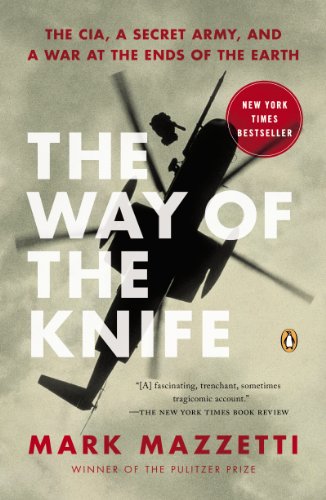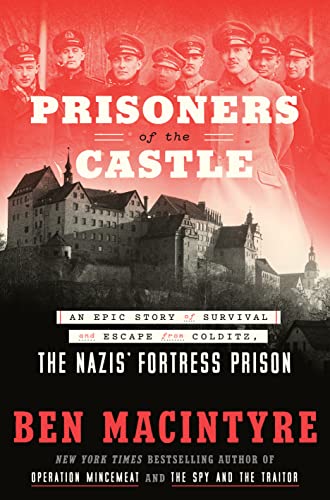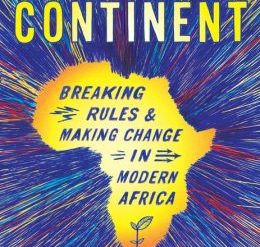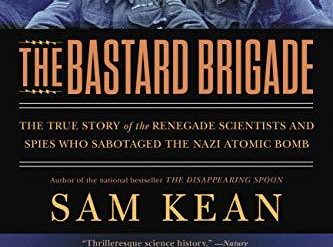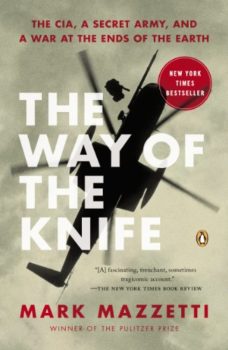
When Chou En-Lai, then #2 to Mao Tse-Tung, was asked for his perspective on the historical meaning of the French Revolution, he is said to have replied, “It’s too early to tell.”
As we’re beginning to understand now, George W. Bush engineered a revolution of a different sort in the misguided steps he took to “end terrorism” in the years following 9/11. The country’s military establishment gained trillions of dollars in new spending within a decade, and our intelligence agencies (16 of them at last count) mushroomed in size.
Even more important, the White House profoundly changed the rules under which both the Pentagon and the CIA operated, layering onto an already bloated military-industrial complex additional hundreds of billions of dollars in contracts to private companies, enabling the Pentagon to operate virtually at will, even in countries where the U.S. was not at war, and shifting the CIA strategy from gathering intelligence to “enhanced interrogation” to killing suspected terrorists — all without making changes in the Pentagon’s procurement policies to reflect the passing of the Cold War more than two decades ago.
The Way of the Knife: The CIA, a Secret Army, and a War at the Ends of the Earth by Mark Mazzetti ★★★★☆
In The Way of the Knife, Pulitzer-Prize-winning journalist Mark Mazzetti sums up the situation as follows: “Prior to the attacks of September 11, the Pentagon did very little human spying, and the CIA was not officially permitted to kill. In the years since, each has done a great deal of both, and a military-intelligence complex has emerged to carry out the new American way of war.”
As Chou En-Lai would clearly agree, the long-term impact of these dramatic policy changes is impossible to see. Unmistakably, though, the values embodied in our Federal government changed under George W. Bush — and Barack Obama has continued on the same course into his second term, even stepping up the use of drones for targeted murder. This doesn’t bode well for a U.S. foreign and military policy supposedly grounded in humanistic assumptions.
Mark Mazzetti makes an important contribution to exploring the near-term consequences of one of these phenomena in The Way of the Knife, which dissects the massive shift in CIA priorities from the Clinton era to the Obama Administration. The “secret army” of the book’s subtitle is the CIA’s paramilitary capability that sends Navy SEALs, Army Rangers, or, increasingly, mercenaries on secret missions around the world and uses drones to murder terrorist suspects.
The dysfunctional US relationship with Pakistan
Mazzetti focuses much of his attention on the dysfunctional American relationship with Pakistan and to a lesser degree on the secret wars in Yemen and Somalia. However, he makes it clear that the U.S. is now conducting undeclared wars in a great many more countries — and hiding that information from the American public. “The residents of the Oval Office have turned to covert action hundreds of times, and often have come to regret it,” Mazzetti writes. “But memories are short, new presidents arrive at the White House every four or eight years, and a familiar pattern played out over the second half of the twentieth century: presidential approval of aggressive CIA operations . . . “
In touching on the highlights of the CIA’s history from its founding after World War II to the present, Mazzetti reveals the agency’s schizophrenic attitude toward the use of calculated murder in its operations.
For many years, especially under the directorship of Allen Dulles in the 1950s, the CIA was little more than a reincarnation of its predecessor (where Dulles got his start), the OSS of “Wild Bill” Donovan. As we now know, the CIA was involved in overthrowing governments (Iran in 1953, Guatemala in 1954, Chile in 1973, probably among others) and in frequent attempts to assassinate heads of state, including Patrice Lumumba (Congo), Fidel Castro (Cuba), Nho Dinh Diem (South Vietnam), and Salvador Allende (Chile). When all this nefarious activity came to light in the 1970s in the landmark Senate hearings headed by Senator Frank Church, then-President Gerald Ford outlawed assassination and the CIA’s Directorate of Operations, which included most of the agency’s bad boys, was shackled by unsympathetic new directors named to clean up the mess.
A radical course shift that turned the Agency upside down
By 2001, the OSS-inspired use of paramilitary operations and targeted killing that had dominated the CIA in its early years was ancient history to the new generation who had already advanced into positions of leadership. The radical course-shift demanded by the Bush White House turned the agency upside down again. And the dramatic expansion of the drone war by CIA director Leon Panetta (“the most influential CIA director since William Casey during the Reagan administration”) completed the transition of the agency into a paramilitary force.
The Way of the Knife is thoroughly researched and skillfully written by a Pulitzer-winning reporter for the New York Times. The book’s highlights include the protracted tales of several colorful figures caught up in the unfolding of the secret wars, including former top CIA official Dewey Clarridge, a Virginia horsewoman named Michele Ballarin, and several senior Pakistani intelligence operatives. If you’re interested in the ups and downs of the U.S. intelligence establishment, you’ll find this book just not essential reading but entertaining as well.
I’ve read and reviewed a fair number of other books on closely related topics in recent years. Among these are Wild Bill Donovan: The Spymaster Who Created the OSS and Modern American Espionage by Douglas Waller, Top Secret America: The Rise of the New American Security State, by Dana Priest and William M. Arkin, Counterstrike: The Untold Story of America’s Secret Campaign Asainst Al Qaeda, by Eric Schmitt and Thom Shanker, and The Longest War: Inside the Enduring Conflict Between America and Al-Qaeda, by Peter L. Bergen. Top Secret America is the most dramatic and most important of this lot.
For related reading
This is one of the many Good nonfiction books about national security.
For reviews of other books on this topic, read 13 eye-opening books about terrorism. You might also be interested in seeing my post, “30 good nonfiction books about espionage.” This book is one of the 30.
And you can always find my most popular reviews, and the most recent ones, on the Home Page.

